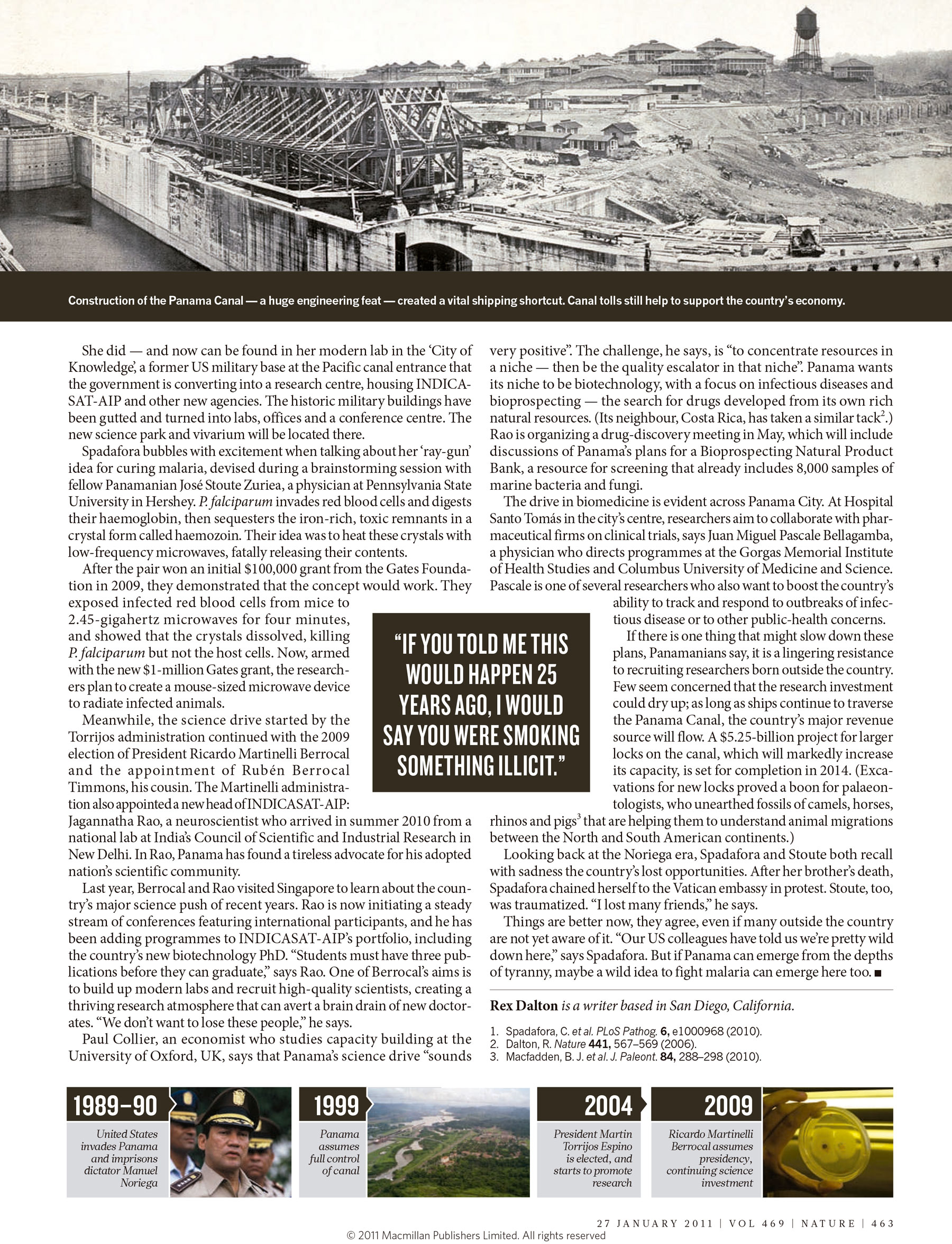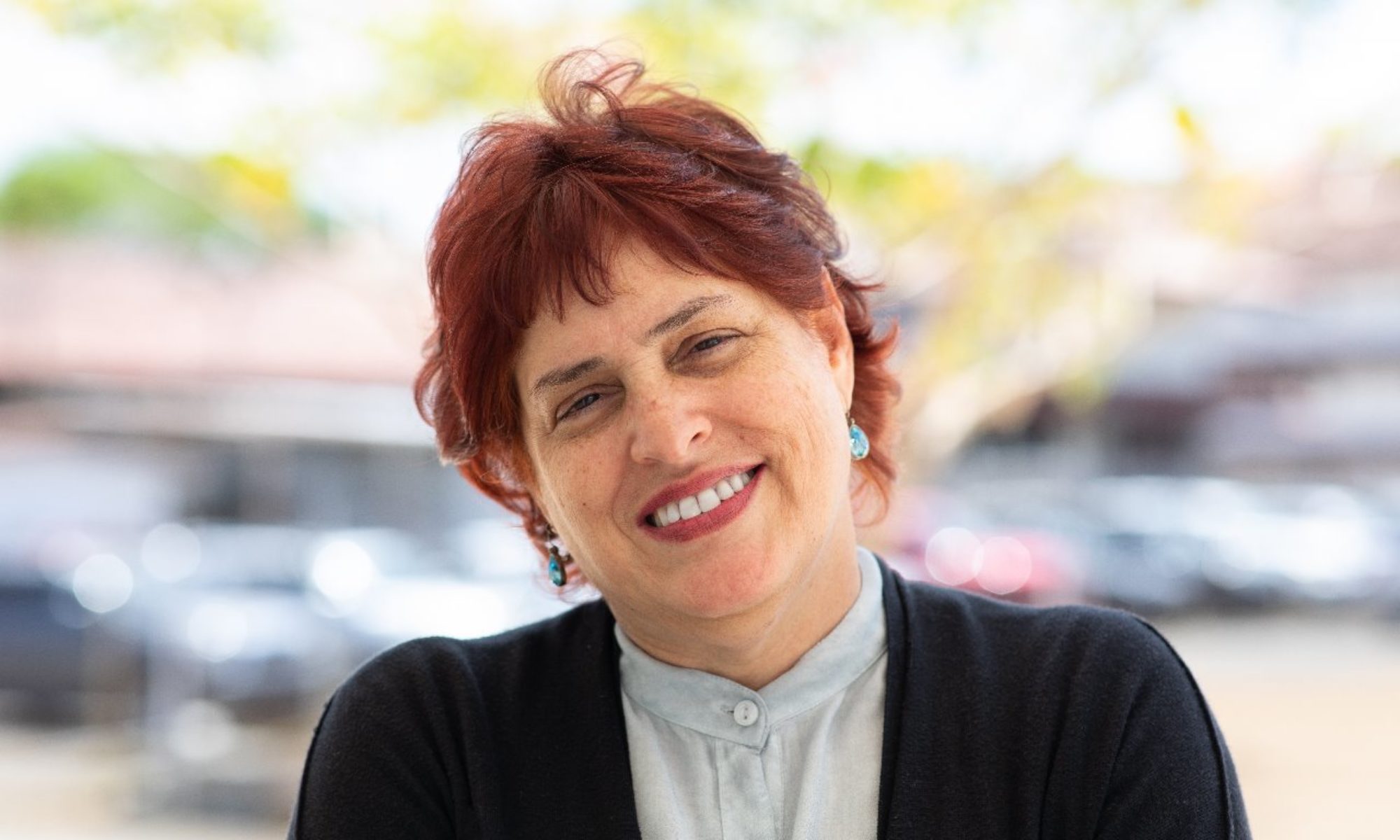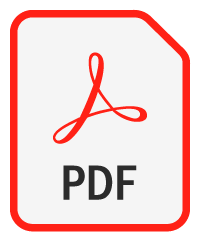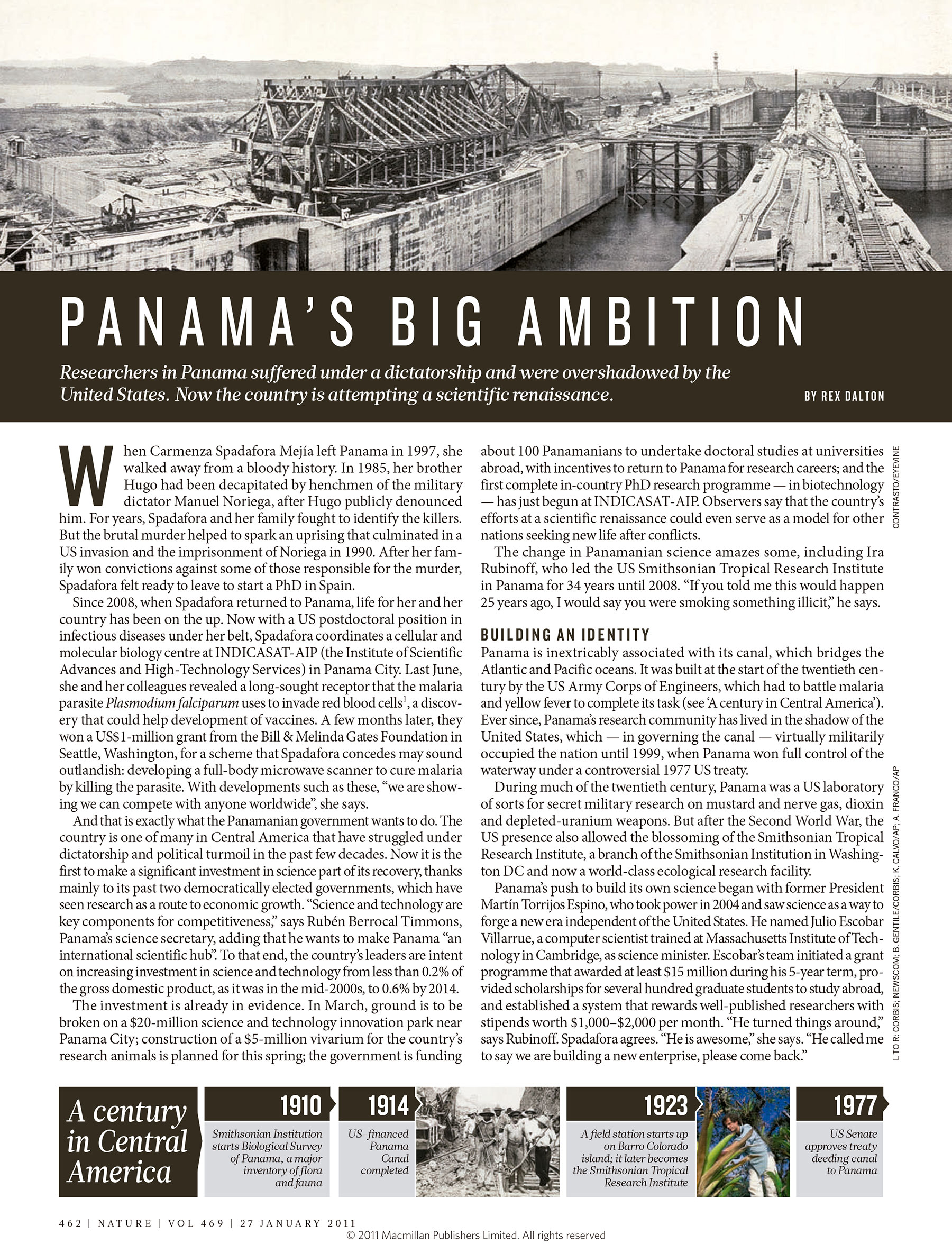Holding a BS in Biochemistry studying at the Department of Chemistry of the University of Eastern Michigan, in 1997 she joined the Laboratory of Molecular Pharmacology and Biochemistry of Doctors Santiago Castanys and Francisco Gamarro Conde at the Institute of Parasitology and Biomedicine “López-Neyra” of the High Council of Scientific Research (CSIC) in Granada, Spain. There, she received in 2002 the degree of Doctor of Biochemistry-Molecular Pharmacology with the highest honors from the University of Granada with her work on the identification and characterization of two casein kinases I of the parasite that causes Chagas’ Disease or American Trypanosomiasis.
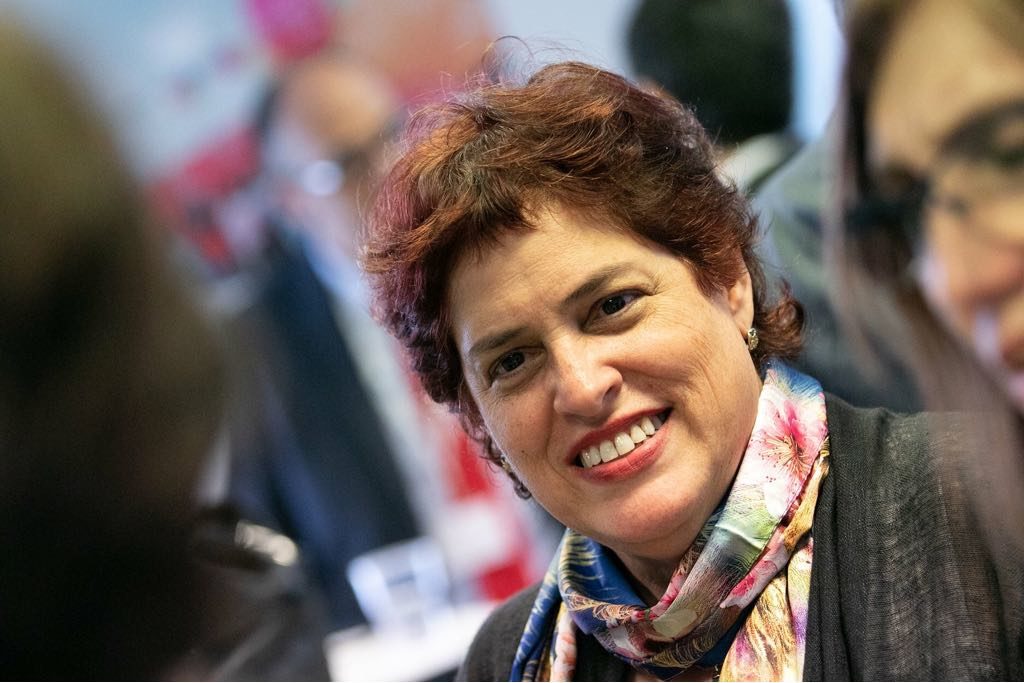
Carmenza Spadafora Mejía
After a talk at the Pasteur Institute in Paris, Prof. Debopam Chakrabarti offers her a postdoctoral position at the Central University of Florida in Orlando, USA where she studies the kinase proteins regulating the cell cycle of the malaria-causing parasite, & nbsp; P. falciparum . After a year in this position she accepts the invitation of Dr. José A. Stoute to collaborate in the search for the invasion Receptor X of & nbsp; P. falciparum & nbsp; in the human erythrocyte. Together they worked on this project from the Walter Reed Army Institute of Research in Silver Spring, Maryland and the Uniformed Services University of Health Sciences in Bethesda, Maryland. Their discovery of the human Complement 1 as the Receptor X marked a new height in their careers.
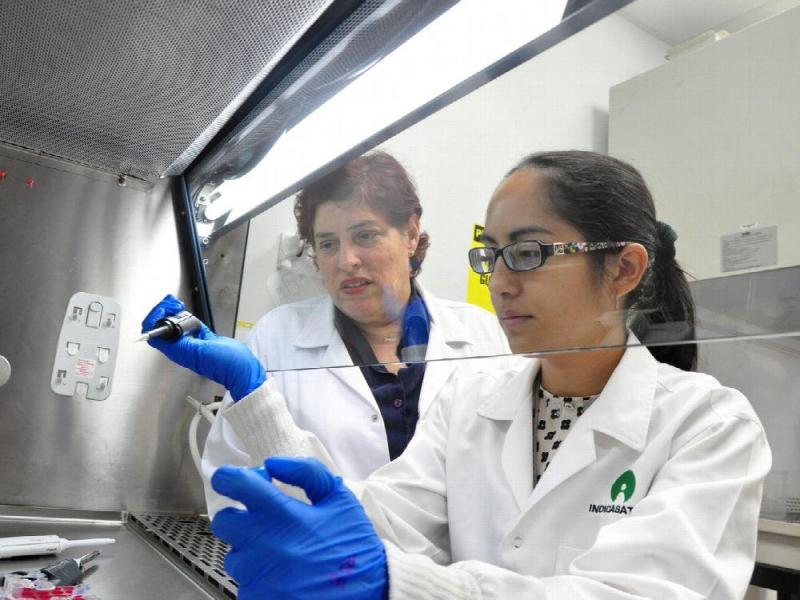
Antiparasitic and Anticancer Bioassays of the ICBG Panama
In 2008 she returns to Panama to direct the Project of Antiparasitic and Anticancer Bioassays of the ICBG Panama (International Cooperative Biodiversity Groups) groups of natural products, together with Panamanian and international collaborators. That same year she obtained a Phase 1 grant from the “Exploration” Projects of the Bill and Melinda Gates Foundation together with Stoute to study an alternative treatment against malaria. With the results achieved, this project received the Phase II subsidy for $ 1M in 2011, being the first in Latin America to obtain such funding.
Since 2010 she has been the Coordinator of the Center for Cellular and Molecular Biology of Diseases (CBCMe). In 2011 she was included in the National Research System of Panama (SNI) as regular member. Three members of her team have also made it to the SNI.
Distinguished Researcher of the SNI
In 2012 she was granted a fellowship to the Pharmacy and Biotechnology Association of India. In 2014 she received her inclusion as a Distinguished Researcher of the SNI, a level she currently flawns. That same year, she received the award for Excellence in Research granted by the Panamanian Association for Advancement of Science (APANAC) and the Secreatariat of Science, Technology and Innovation (SENACYT) to meritorious careers. She has won national and international grants and her team is made up of three technicians, two postdoctoral researchers, two doctoral students, one electrical engineer, three undergraduate students and one master’s degree trainee.
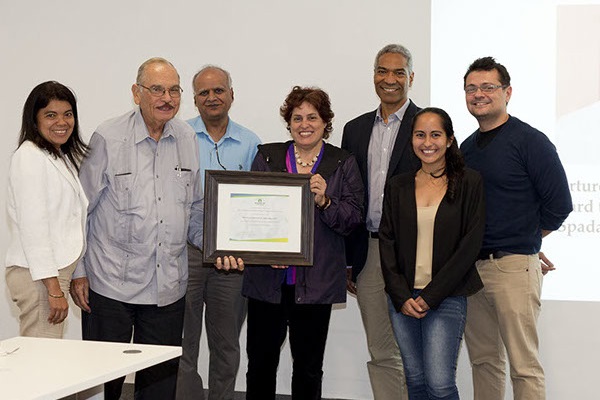
Interests focus on malaria and other tropical parasites
Her research interests focus on malaria and other tropical parasites, drug discovery from natural products, communication, especially through extracellular vesicles, and the biophysics of pathogens, a field in which she has consolidated collaborations with international researchers from Penn State University, Clarkson University and the Technological University of Panama.
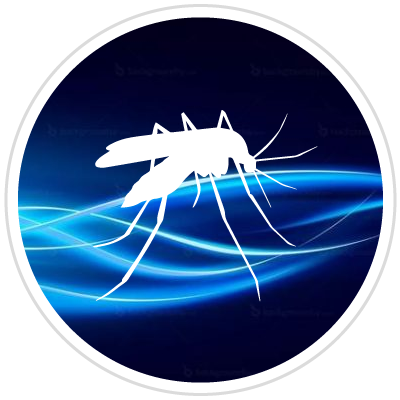
NATURE, VOL 469, 27 JANUARy 2011
Macmillan Publishers Limited.
